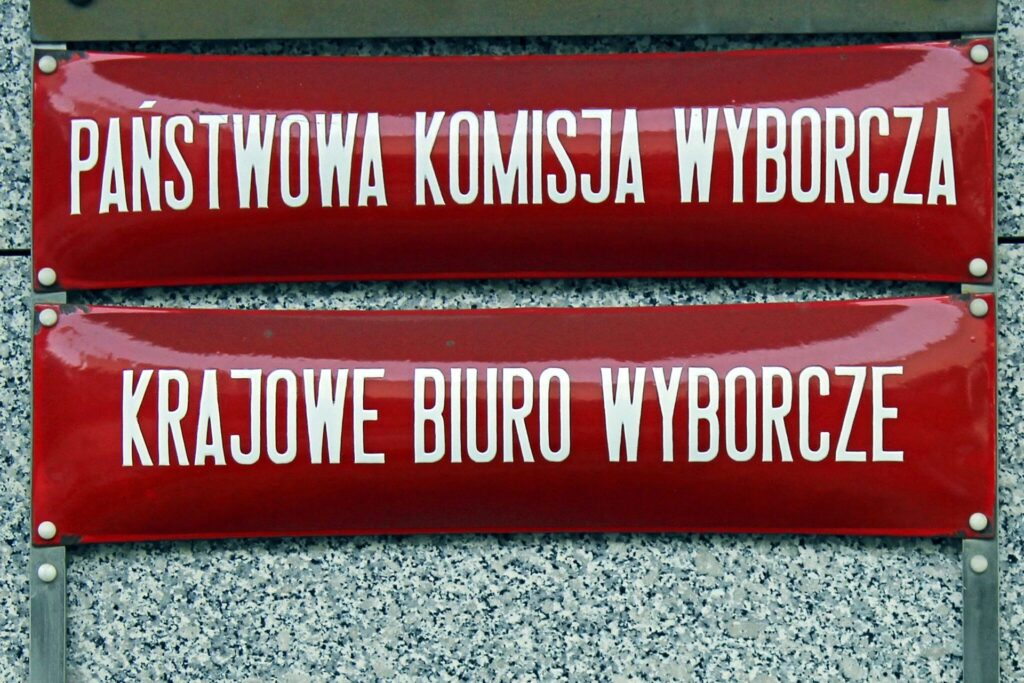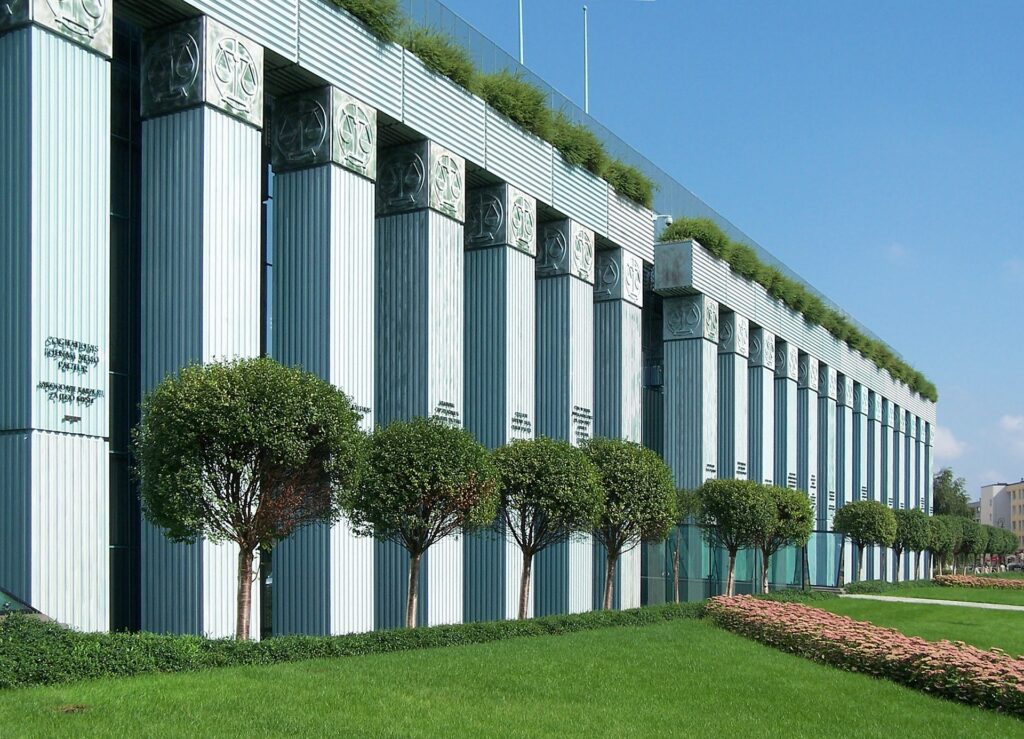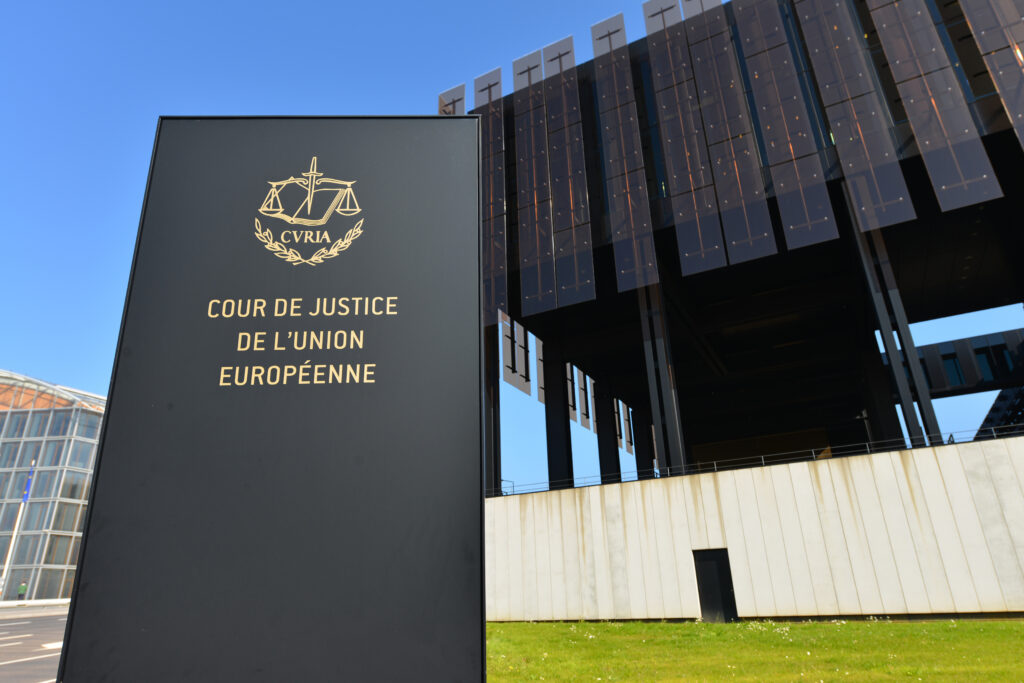Yesterday (16 June 2025), the National Electoral Commission, acting in accordance with Article 320 of the Electoral Code, adopted a report on the presidential election.
It is mainly on the basis of this report (alongside election protests) that the Supreme Court will decide, in accordance with Article 324 of the Code, on the validity of the elections. However, the report contains statements that may raise legitimate doubts.
Firstly, referring to the election campaign, the NEC stated that:
The election campaign was generally uneventful.
No reference was made to the so-called ‘pre-election debate in Końskie’, even though the chairman of the National Broadcasting Council asked the PKW chairman to take action to ensure compliance with electoral law in the ongoing election campaign. No reference was made to the issue of ‘turnout campaigns’, which involved campaigning for Rafał Trzaskowski, the financing of which remains unclear. In this regard, the National Electoral Commission merely stated that:
The National Electoral Commission has repeatedly stated, in connection with reports of irregularities in the financing of the election campaign by various election committees, that it is authorised to carry out follow-up checks in these matters by examining the financial reports of the election committees.
However, the most controversial passage is contained in the summary of the report. The PKW stated that:
[…] election protests and decisions on the validity of the election of the President of the Republic of Poland should be made by a panel of the Supreme Court whose status, both institutional and personal, does not raise any doubts as to its compliance with the Constitution and international standards. The National Electoral Commission points out that, in accordance with the constitutional order of the Republic of Poland, the Supreme Court is the competent body to examine election protests and determine the validity of the election of the President of the Republic of Poland. At the same time, the Commission emphasises that these activities, due to their fundamental importance for the integrity of the democratic electoral process, should be carried out by the Supreme Court acting in a Chamber whose legal status is beyond doubt, and with the participation of judges appointed in accordance with the Constitution and international standards of judicial independence.
In other words, although this was not explicitly stated, the PKW quite unambiguously suggested that it supports Minister Bodnar’s position regarding the jurisdiction of the Chamber of the Supreme Court to decide on the validity of the elections.
In this regard, it is striking that almost exactly the same arguments are used as those raised by the Minister of Justice. Firstly, the PKW emphasises, correctly, that the Constitution (in Article 129(1)) states that:
The validity of the election of the President of the Republic shall be determined by the Supreme Court.
However, it does not specify which composition of the Supreme Court (including which chamber) is to rule on this matter.
However, the PKW, like Minister Bodnar, seems to forget that pursuant to Articles 127(7) and 129(2) of the Constitution, the rules and procedure for ruling on the validity of elections and examining election protests are regulated by an act. The law implementing this provision of the Constitution is, alongside the Electoral Code, the Act on the Supreme Court, Article 26 § 1(2) of which specifies the jurisdiction of the Extraordinary Review and Public Affairs Chamber in the above areas. Thus, a decision on the validity of elections by another chamber would not only constitute a violation of the Act, but also indirectly a violation of the Constitution, as recently pointed out by the First President of the Supreme Court, Professor Małgorzata Manowska.
The PKW also suggests, again using the language of Minister Bodnar, that the judges of the Extraordinary Review and Public Affairs Chamber raise doubts as to whether they were appointed in a manner consistent with the Constitution and international standards of judicial independence.
As for constitutionality, this allegation is completely unfounded. Only the Constitutional Tribunal is competent to rule that provisions – whether establishing the Extraordinary Review and Public Affairs Chamber or making it competent to rule on specific matters – are contrary to the Constitution. However, the Constitutional Tribunal has not yet issued such a ruling, and given that it is difficult to identify any provisions of the Constitution on the basis of which such a conflict could be found, it is not to be expected that it will do so in the foreseeable future.
With regard to the issue of international standards, the PKW is probably referring here to judgments issued by the Court of Justice of the European Union and the European Court of Human Rights, which questioned the status of the Extraordinary Review and Public Affairs Chamber as a court within the meaning of EU law and the European Convention on Human Rights. However, as pointed out by the First President of the Supreme Court, and as also acknowledged by members of the International Observation Mission of the Organisation for Security and Cooperation in Europe , the judgments of the European courts in question do not apply to the provisions defining the jurisdiction of individual chambers of the Supreme Court to hear election protests and determine the validity of elections, as this issue falls outside the jurisdiction of those courts, as granted to them by Poland under the relevant treaties.
Furthermore, it should be emphasised that the National Electoral Commission itself, in its practice to date, has followed the position of the Extraordinary Review and Public Affairs Chamber, which, in accordance with the aforementioned Article 26 § 1. point 2 of the Supreme Court Act, rules on cases in which appeals have been lodged against resolutions of the National Electoral Commission. Examples of recent situations in which the PKW has adapted its resolutions to the rulings of this chamber of the Supreme Court, issued in connection with appeals against the original resolutions, include: resolution rejecting the financial report of the Law and Justice Election Committee from the elections to the Sejm of the Republic of Poland and to the Senate of the Republic of Poland and resolution on guidelines for precinct election commissions concerning the tasks and procedure for preparing and conducting voting in polling stations established in the country in the elections of the President of the Republic of Poland scheduled for 18 May 2025.
It is therefore difficult to say why the National Electoral Commission suddenly decided to change its position, worse still, in a manner that betrays its most important task, which, according to Article 160 § 1(1) of the Electoral Code, is
to supervise compliance with electoral law.
The unfounded questioning of the competence of the Extraordinary Review and Public Affairs Chamber, which is clearly defined in the Act, can hardly be described as ‘compliance with electoral law’ – it would be more accurate to speak of incitement to violate it. It is all the more regrettable that this type of comment was included in the summary of the entire report.
As a side note, at the end of this entry, we can also quote what the National Electoral Commission stated in its report regarding its most important aspect, namely the validity of the elections:
On the basis of the documents in its possession and the information obtained about the conduct of the voting and elections on 18 May 2025 and 1 June 2025, the National Electoral Commission concludes that during the voting, in particular on the day of the repeat vote, incidents occurred that could have affected the outcome of the vote. The National Electoral Commission leaves it to the Supreme Court to assess their impact on the outcome of the presidential election in the Republic of Poland.
However, the Spokesman for the Supreme Court, Professor Aleksander Stępkowski, referred to this issue in a press release, stating that the Supreme Court is ready to consider all protests. He also noted that:
The protests that are being repeated are dominant. This is repeated content that is being shared by individuals on the internet. There are also protests written independently by individuals. […] It is not the case that the Supreme Court will have to hold several thousand hearings.”
He emphasised that protests with the same content may be considered together.
At the same time, the judge clearly stated that:
the only chamber legally authorised to examine protests is the Extraordinary Review and Public Affairs Chamber of the Supreme Court.
Image source: Wikipedia.



